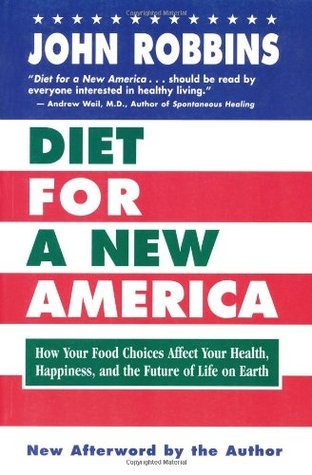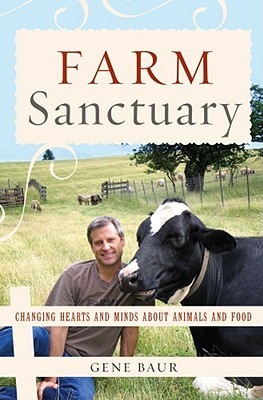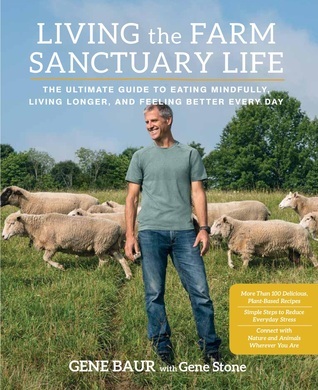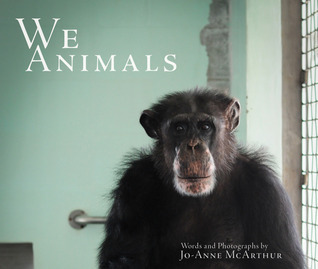
Eating Animals
Book Description
What if every bite you took held the weight of a moral dilemma? In "Eating Animals," Jonathan Safran Foer plunges into the chilling world of factory farming, challenging the very essence of what it means to eat. This gripping exploration reveals the stark choices we face in a society where animals are often viewed as mere commodities. With haunting narratives and profound insights, Foer unveils the hidden consequences of our eating habits on the environment, our health, and the ethical fabric of our lives. Can we confront the truth and redefine our relationship with food, or will ignorance prevail?
Quick Book Summary
"Eating Animals" by Jonathan Safran Foer is a probing and deeply personal investigation into the complex ethical, environmental, and health implications of meat consumption in modern society. Through a blend of memoir, journalism, and philosophy, Foer examines his own conflicting feelings about eating animals, especially after becoming a parent. The book meticulously exposes the realities of factory farming, revealing its harsh consequences for animals, workers, the environment, and public health. Foer interviews farmers, activists, and industry representatives, presenting multiple perspectives while ultimately challenging readers to reconsider what ends up on their plates and why. His narrative urges a more conscious, compassionate approach to eating, interrogating cultural norms, and highlighting the power of individual choices.
Summary of Key Ideas
Table of Contents
The Hidden Realities of Factory Farming
Foer opens by exploring the deeply ingrained personal and cultural traditions surrounding food and eating, especially within his own Jewish heritage. He reflects on memories of family meals and the meaning these shared experiences hold. This personal lens frames his investigation and raises the question of how food is tied to identity, tradition, and belonging. The narrative sets the stage for a larger inquiry: How do our eating habits reflect not just personal preference, but moral and cultural values?
Cultural and Personal Narratives Around Eating Animals
The book then delves into the veiled world of industrial agriculture, drawing on investigative reporting and firsthand visits to factory farms. Foer exposes the cruelty, suffering, and unsanitary conditions endured by billions of animals raised for food. He details the scale and efficiency of modern meat production, exposing practices hidden from public view. Accounts from workers and whistleblowers reveal not only animal suffering but also the toll on human health and dignity, with stories of exploitation and hazardous conditions on these farms.
Ethical Dilemmas and Moral Responsibility
Foer critically examines the environmental and public health impacts of eating animals. He uncovers how industrialized meat production contributes to pollution, climate change, deforestation, and the spread of antibiotic-resistant diseases. These consequences extend far beyond farm boundaries, implicating society as a whole. Foer points to the unsustainable nature of current practices and the dire need for systemic change, highlighting how routine consumer choices play a significant role in these broader issues.
Environmental and Health Consequences of Meat Consumption
Throughout, the author grapples with the ethical dimensions of eating animals, weighing arguments from various philosophical perspectives. He confronts the discomfort many readers feel when facing the reality of how most animal products are made, arguing that turning away from this knowledge sustains a morally dubious system. Foer also explores the cognitive dissonance people experience between loving animals and consuming them, addressing the excuses and justifications commonly used to avoid personal responsibility.
Alternatives and Paths Forward
In the final sections, Foer presents alternatives to factory-farmed meat, including vegetarianism, veganism, and more humane, sustainable methods of animal agriculture. He interviews ethical farmers and advocates who suggest possible paths forward. While acknowledging the complexities and imperfections of every approach, Foer ultimately advocates for increased awareness, transparency, and a willingness to reconsider individual and collective choices. He challenges readers to see each meal as a moral decision, putting forth a compelling argument for more compassionate and sustainable eating.
Download This Summary
Get a free PDF of this summary instantly — no email required.





